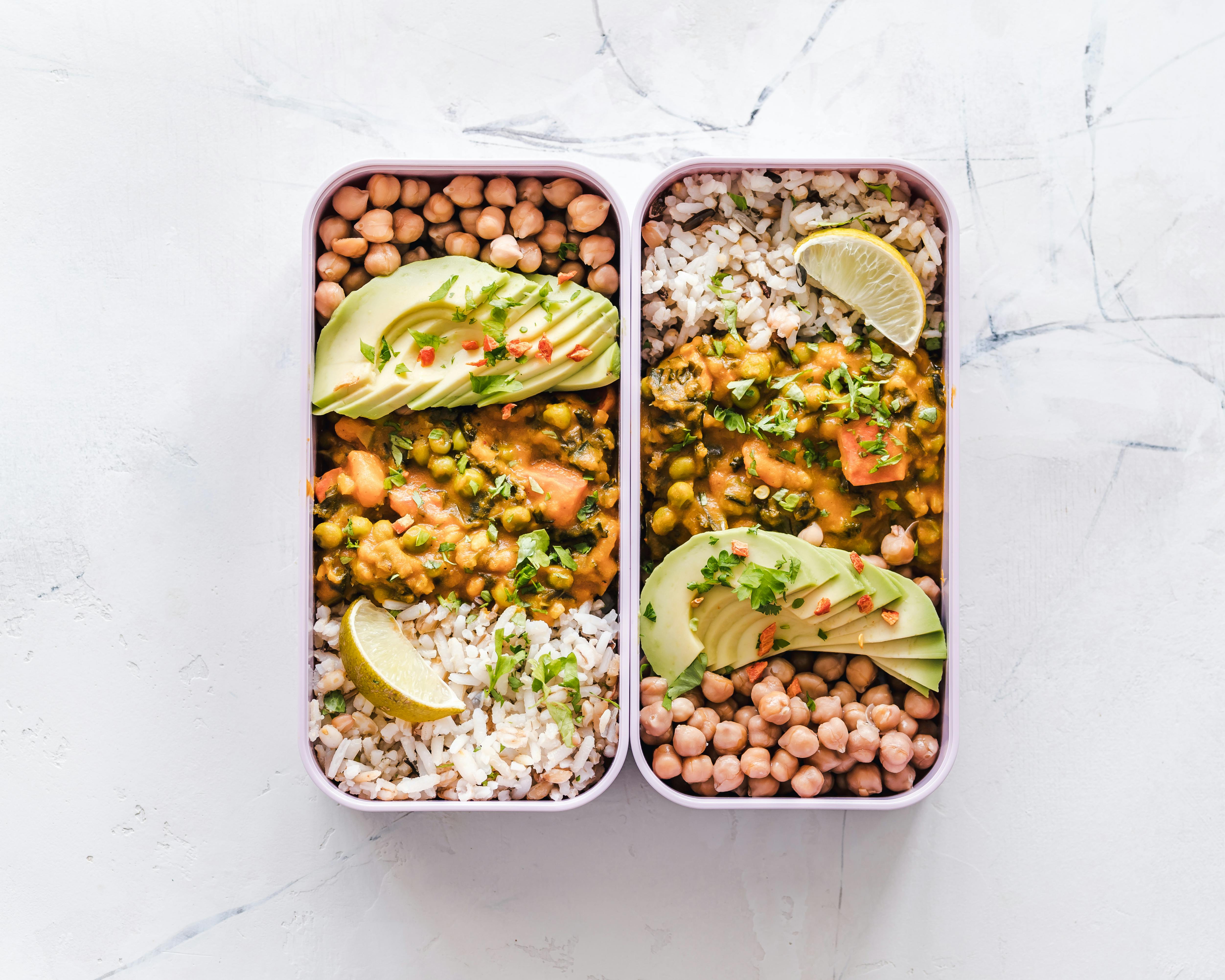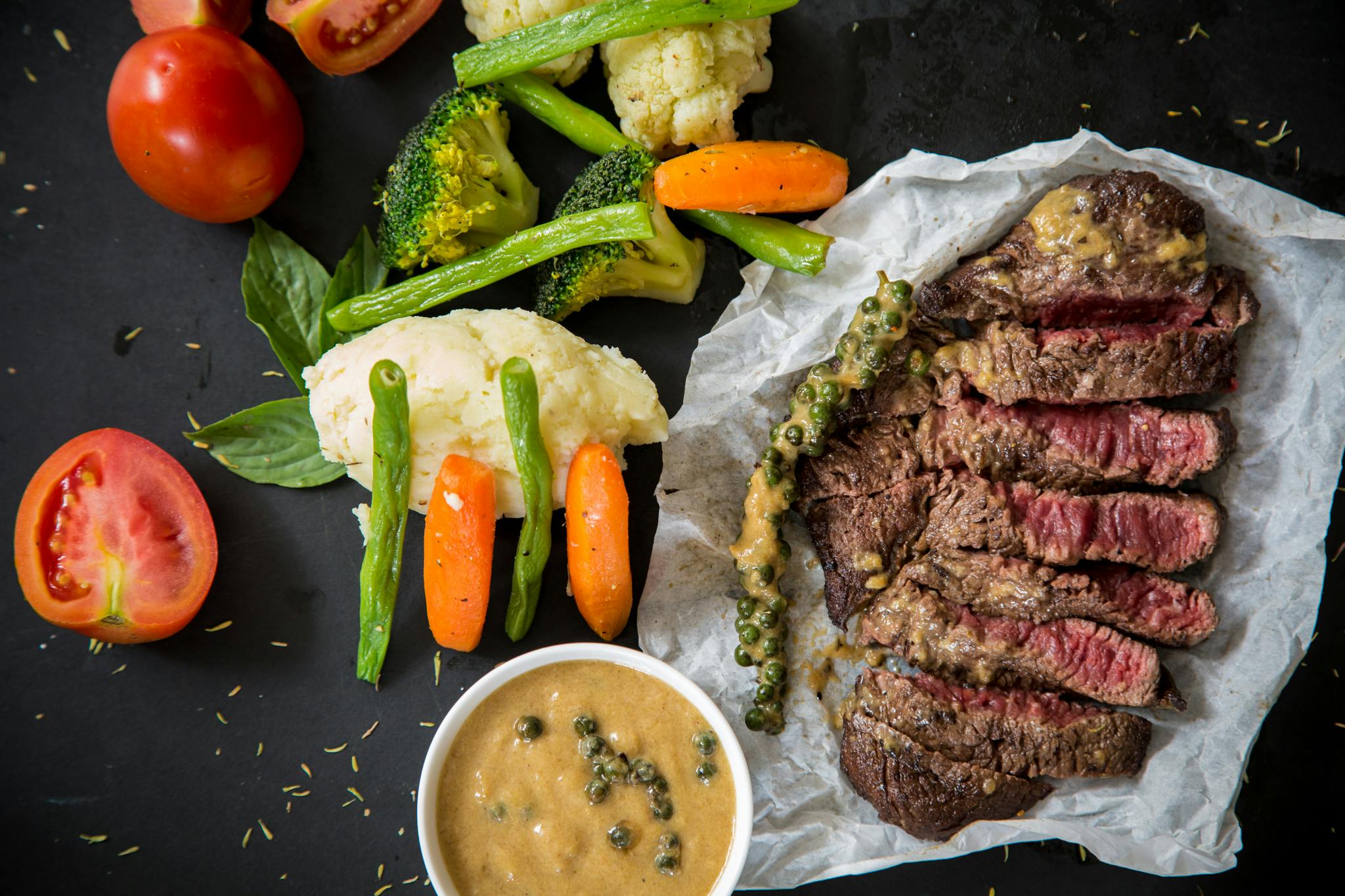Best High-Protein Foods for Weight Loss and Muscle Gain in 2025
Here’s the truth: whether you’re looking to shed fat or build muscle, protein is your best friend. It keeps you full, fuels your muscles, and supports recovery. But with so many options, what are the best high-protein foods in 2025 that are healthy, affordable, and versatile? Let’s break it down.
Why Protein Is a Game-Changer
- Boosts metabolism — Protein takes more energy to digest, helping you burn more calories.
- Keeps you full — Reduces cravings and late-night snacking.
- Builds and repairs muscle — Essential for strength training and recovery.
- Supports overall health — From hormone balance to immune function.
1. Eggs — The Classic Powerhouse
- Protein: ~6g per egg
- Why it’s great: Affordable, versatile, and packed with nutrients.
- How to eat: Boiled, scrambled, or in an omelet with veggies.
2. Chicken Breast
- Protein: ~26g per 100g
- Why it’s great: Lean protein with minimal fat.
- Pro tip: Grill a batch for the week and use it in salads, wraps, or bowls.
3. Greek Yogurt
- Protein: ~10g per 100g
- Why it’s great: High protein, low sugar, great for snacks.
- Quick idea: Pair with berries and a drizzle of honey for a filling breakfast.
4. Lentils — Plant-Based Power
- Protein: ~9g per 100g (cooked)
- Why it’s great: Budget-friendly and full of fiber.
- Best use: Soups, curries, or even cold salads.
5. Salmon
- Protein: ~22g per 100g
- Why it’s great: Protein + healthy omega-3s = a win for muscle growth and heart health.
- How to prep: Bake with lemon and herbs for a quick dinner.
6. Tofu and Tempeh
- Protein: ~8–19g per 100g
- Why it’s great: Perfect plant-based protein option.
- Quick tip: Marinate and air-fry for a crispy, high-protein snack.
7. Quinoa
- Protein: ~8g per cup (cooked)
- Why it’s great: Gluten-free, high in protein, and full of essential amino acids.
- How to use: As a base for bowls or side dish with roasted veggies.
8. Cottage Cheese
- Protein: ~12g per 100g
- Why it’s great: High protein, low calorie, and perfect for weight loss.
- Snack idea: Mix with pineapple or nuts for a sweet and savory combo.
9. Protein Powders (Whey, Plant-Based)
- Protein: ~20-30g per scoop
- Why it’s great: Convenient for shakes or baking.
- Note: Choose one with minimal added sugar and clean ingredients.
10. Beans and Chickpeas
- Protein: ~7-9g per 100g (cooked)
- Why it’s great: Budget-friendly and rich in fiber.
- Best use: Add to salads, stews, or roast chickpeas for a crunchy snack.

Sample High-Protein Day Plan
| Meal | Example | Protein |
|---|---|---|
| Breakfast | Greek yogurt with chia seeds and berries | 25g |
| Lunch | Grilled chicken bowl with quinoa and veggies | 40g |
| Snack | Protein shake with banana and peanut butter | 30g |
| Dinner | Salmon with roasted veggies and brown rice | 35g |
Tips for Success
- Mix it up — Combine plant and animal proteins for variety.
- Batch cook — Saves time and money.
- Track your intake — Use apps like MyFitnessPal or Cronometer.
- Balance macros — Don’t forget healthy fats and complex carbs.
FAQs
How much protein do I need?
General guideline: ~1.6–2.2g of protein per kilogram of body weight if you’re active.
Are plant proteins enough for muscle gain?
Absolutely. Just make sure to mix sources (like lentils + quinoa) for complete amino acid profiles.
Do I need protein shakes?
Not mandatory, but convenient — especially if you struggle to hit your protein target.
Final Thoughts
Adding more high-protein foods to your diet doesn’t have to be expensive or complicated. Focus on whole, versatile foods you actually enjoy eating, and stay consistent.
Read our quick home workout guide to complement your nutrition.


